weed killer on river bank?
catherinetnc
15 years ago
Related Stories

EDIBLE GARDENSNatural Ways to Get Rid of Weeds in Your Garden
Use these techniques to help prevent the spread of weeds and to learn about your soil
Full Story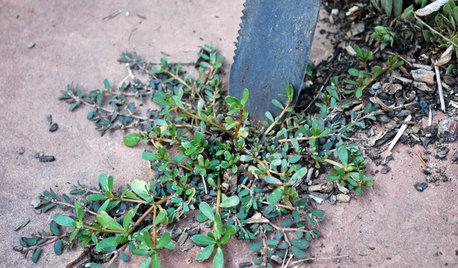
GARDENING GUIDES5 Ways to Naturally Win the Weed War
Show irksome weeds no mercy with these tricks for combating them sans chemicals
Full Story
GARDENING GUIDESTackle Weeds the Natural Way
Instead of dousing your yard with chemicals to wipe out weeds, let time and nature work their magic via smothering and solarization
Full Story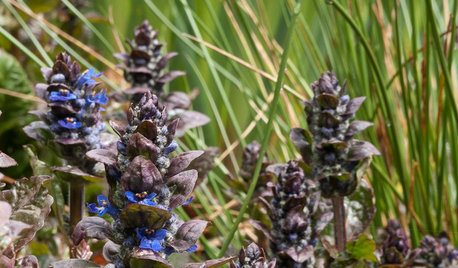
GARDENING GUIDESGreat Design Plant: Bugle Weed, a Quick Ground Cover
It’s highly adaptable, suppresses weeds, reduces erosion and provide weeks of bright flowers. Just watch for invasiveness
Full Story
LANDSCAPE DESIGNGreat Design Plant: River Birch
Pick this rugged native tree for its intriguing peeling bark, soil adaptability or leaves that bring dappled shade to a garden
Full Story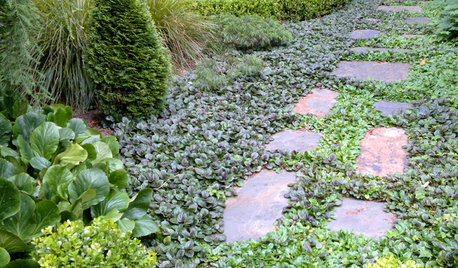
GROUND COVERSGround Force: 10 Top Ground Covers for Your Garden
Protect your soil from weeds and drought this summer with a living mulch of ground covers
Full Story
GARDENING GUIDESHow to Fix Bare and Yellow Lawn Spots
Restore your turf’s good looks by reseeding unsightly patches
Full Story
CURB APPEALTake Your Hell Strip to Heavenly Heights: 8 Design Ideas
Trade weedy dirt and trash for a parking strip filled with wispy grasses, low-growing flowers and textural trees
Full Story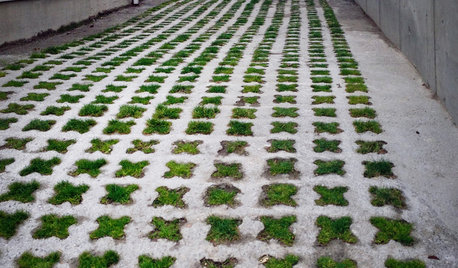
EARTH DAYHow to Build a Greener Driveway
Install a permeable driveway to keep pollutants out of water sources and groundwater levels balanced
Full Story
FLOWERSLessons from Monet's Garden
See how to bring the impressionist painter's vision to life in your own landscape with these flower choices and garden design ideas
Full StorySponsored
Columbus Area's Luxury Design Build Firm | 17x Best of Houzz Winner!
More Discussions






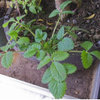
JAYK
Kimmsr
Related Professionals
Wrentham Landscape Architects & Landscape Designers · Ballwin Landscape Architects & Landscape Designers · Belmont Landscape Architects & Landscape Designers · Essex Landscape Architects & Landscape Designers · Franconia Landscape Architects & Landscape Designers · Arlington Landscape Contractors · Amesbury Landscape Contractors · Apollo Beach Landscape Contractors · Dallas Landscape Contractors · Deerfield Landscape Contractors · Glendale Heights Landscape Contractors · Maywood Landscape Contractors · Streamwood Landscape Contractors · Wallingford Landscape Contractors · Westford Landscape ContractorsJAYK
jean001
JAYK